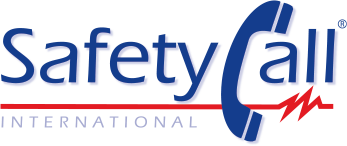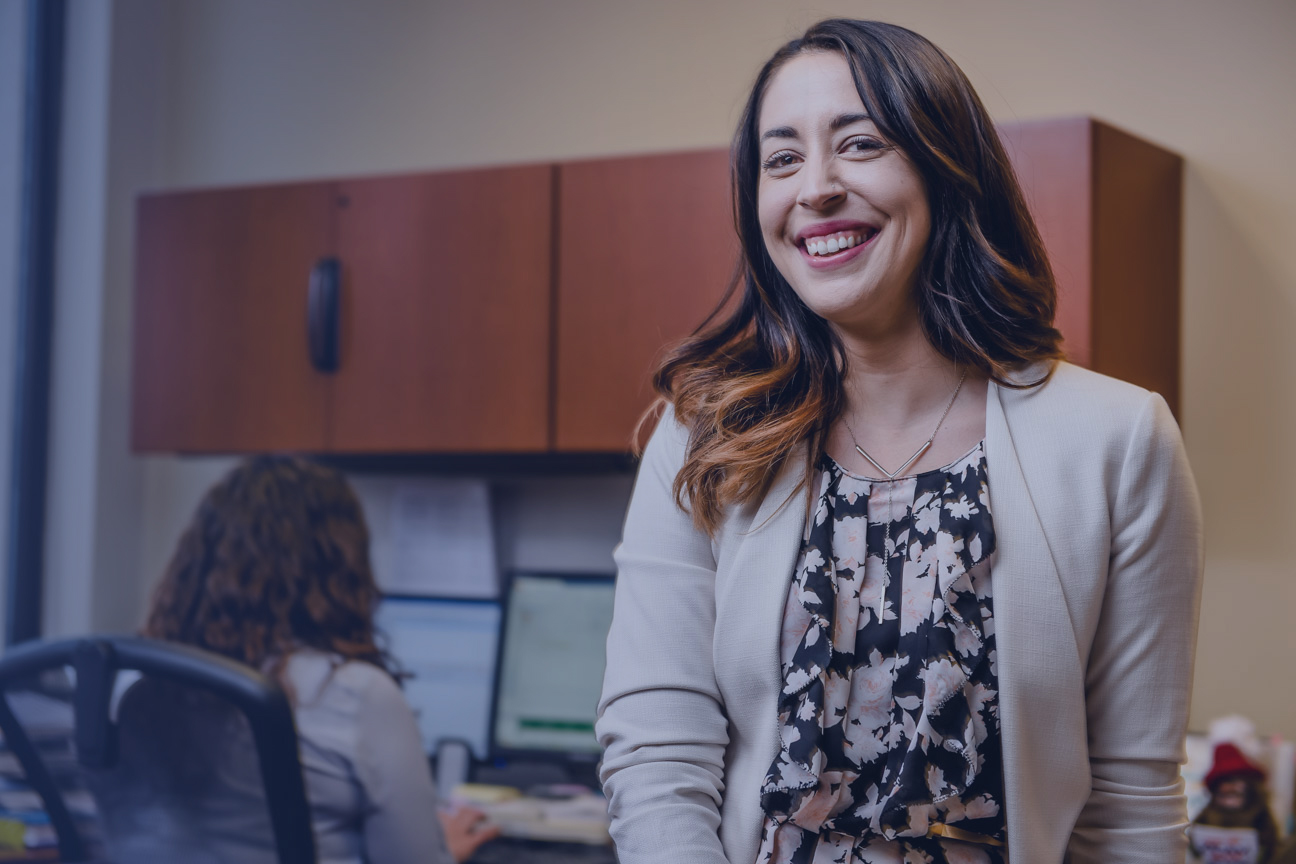Annie Asplen, Paramedic, MS
Medical Writer, Regulatory Assistant, Senior Information Specialist
Some employees have been with SafetyCall for a decade or more. Some of us have bachelor’s degrees, master’s degrees, or doctorates. Some of us have taught university classes in public health, published papers on toxicology, or trained newly-hired employees. With that kind of experience, it would be easy to get complacent. However, in a field where new information is being discovered all the time, each person at every level must always be willing to learn, rethink, and adjust. Our continuing education is there to help us do just that.
Every call-taker at SafetyCall is required to maintain a healthcare credential, be they an emergency medical technician, a pharmacist, or a veterinarian. On top of that, we’re constantly on our toes with changes in client needs, new treatment guidelines, and developments in the discipline of toxicology. To meet these challenges, SafetyCall provides periodic mandatory training sessions, which can be attended in person or viewed online. Some of the topics covered by these training sessions include:
- New products
SafetyCall employees routinely deal with exposures to everything from children’s toothpaste to cattle vaccines, but it seems like something we’ve never heard of is always waiting to surprise us. When new products arrive on the market, it helps to be familiar with the things we might encounter, especially those with a high health risk.
- Updated patient care guidelines
We’re always striving to give callers the best medical assistance that we can. As is often the case in the medical field, what is considered best practice today may not be tomorrow. Part of this is thanks to the data that we collect and analyze, and our treatment guidelines sometimes change to reflect the updated information.
- Techniques in interpersonal communication
As an adverse event reporting center, we are aware that our callers generally aren’t reaching out to us because they’re having a good day. Empathy goes a long way in helping people who are angry, scared or frustrated, but it can sometimes be forgotten at the height of a tense conversation. Training in interpersonal communication techniques help us stay calm and focused, and keep interactions positive for employees and callers alike.
- Refreshers
Our call-takers have a lot to keep track of. We need to know what first aid advice to give in every situation, when to refer callers to a medical facility, how to operate our software tools, and the requirements and expectations of our many clients. While we practice some of these skills on a daily basis, others go months or even years without being used. Refresher sessions keep these skills sharp, so that we can be handle any situation, no matter how rare.
Adverse event management can be a difficult job in an always changing world. No matter how many years we may have been here or how many letters we have after our names, SafetyCall staff never take our expertise for granted. With our continuing education opportunities, we never stop acquiring new information and honing old skills, so that our clients and their customers can always count on us to be our best.
Annie has been with SafetyCall for 11 years. She loves her job and says she has never felt more appreciated by an employer. She is a licensed paramedic and also has her Master’s degree in professional and technical communication. In her free time, she loves hanging out with her 20 month old son, Wade.




